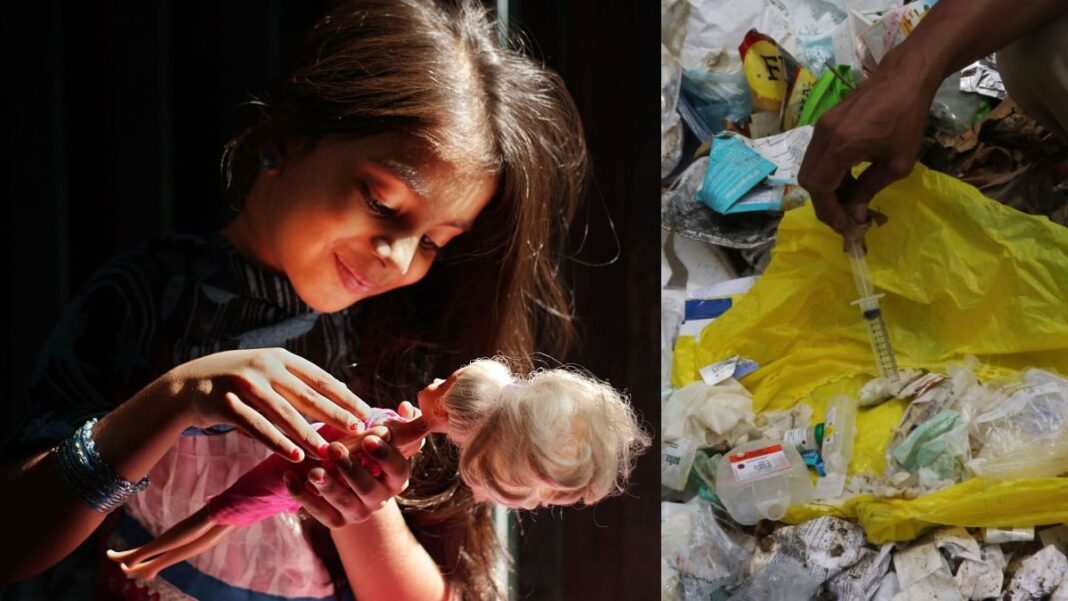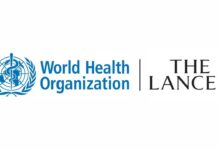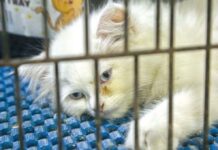In a shocking revelation, the alleged sale of contaminated plastic toys and dinnerware in the provincial capital threatens to unleash an unprecedented health emergency. As the public health system struggles to recover from the pandemic’s toll on its resources and funds, the production and distribution of toxic items utilizing hazardous medical waste have raised alarm bells.
Despite the Punjab Hospital Waste Management Rules of 2014, which clearly mandate the safe disposal and transport of hazardous medical waste, unscrupulous individuals have gained access to these toxic materials and incorporated them into the production of toys and utensils. Used syringes and needles, cannulas, glucose bags, urinary catheters, and surgical tools, intended for proper disposal, have instead found their way into the hands of unscrupulous individuals.
Relevant Read: PepsiCo further incentivizes plastic waste recycling
The lack of a tagging system for medical waste enables transporters to sell waste bags to unauthorized individuals. This dangerous practice has caught the attention of Dr. Salman Tariq, an environmental activist, who warns about the severe consequences of exposing individuals to hospital waste. “Hospital waste is extremely dangerous since it contains elements colonized by billions of harmful bacteria and other pathogens, which can cause serious illnesses in children and adults,” he cautioned.
Dr. Tariq’s concerns are further supported by eye-opening data from the Punjab Environment Protection Department, which indicates that nearly 5.2 million people, including 4 million children, succumb to gastrointestinal diseases such as Hepatitis due to prolonged exposure to toys and drinkware items containing traces of toxic hospital waste.
Addressing the urgent need for public awareness, Dr. Tariq expressed his dissatisfaction with the waste management strategies employed by hospitals in the city. He pointed out the superficial surveillance of medical waste, where health officers only sporadically monitor the storage and transportation of waste bags from hospitals to incinerators or dumping sites.
Sources have confirmed the validity of Dr. Tariq’s revelations, revealing the absence of mandatory special yellow rooms for the safe storage of hospital waste in numerous small hospitals, clinics, laboratories, and veterinary centers across the city, in violation of the Punjab Hospital Waste Management Rules of 2014.
Naseemur Rehman, Director of the Punjab Environment Protection Department, addressed the issue, stating, “We have planned an app that will regulate hospital waste disposal. Regarding the sale of hazardous plastic items, we have recently shut down a factory at Bundar Road involved in manufacturing plastic items from medical waste, and we will swiftly take action against others found involved in this business.”
As authorities scramble to tackle this grave situation, it is crucial to raise awareness about the dangers posed by contaminated plastic toys and dinnerware. Swift and decisive action is required to identify and shut down all illegal operations involved in the production and distribution of such hazardous items. Only through stringent measures and public education can we safeguard the health and well-being of our communities.

















